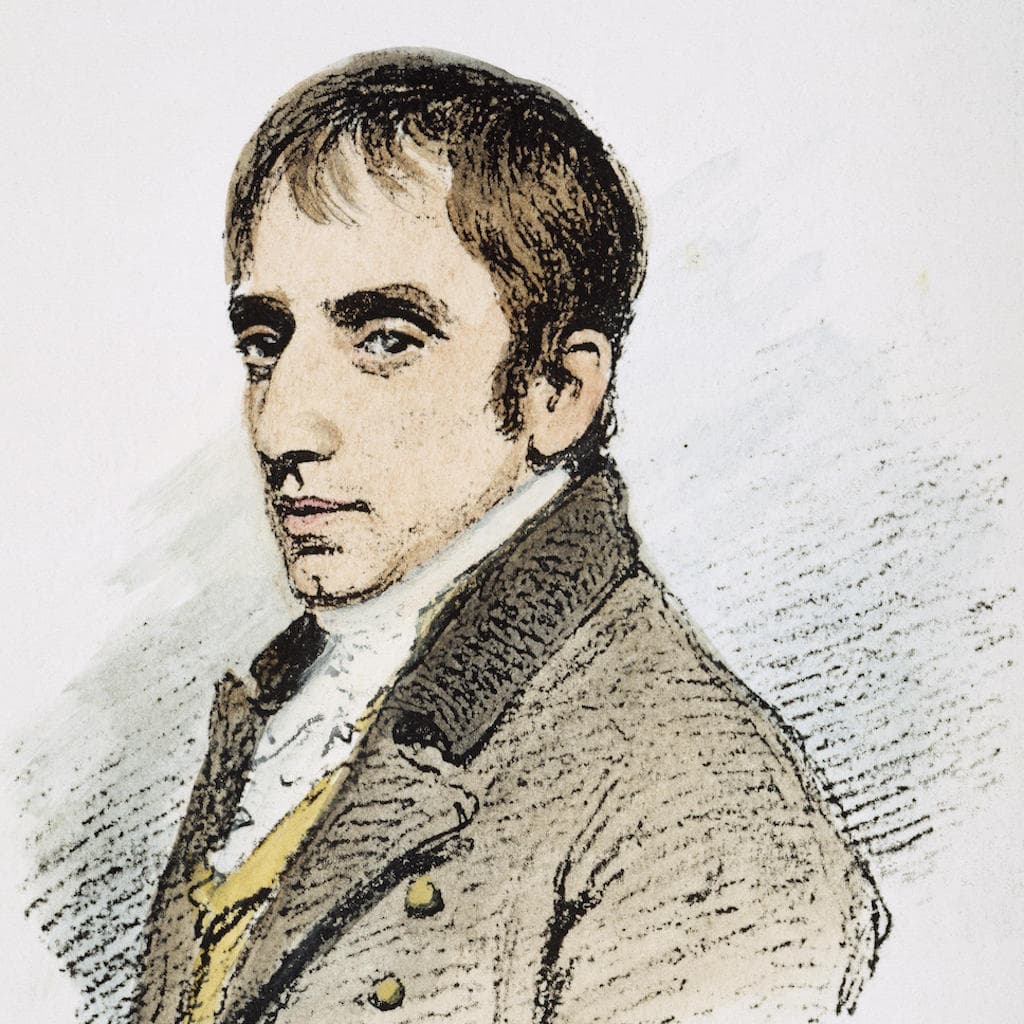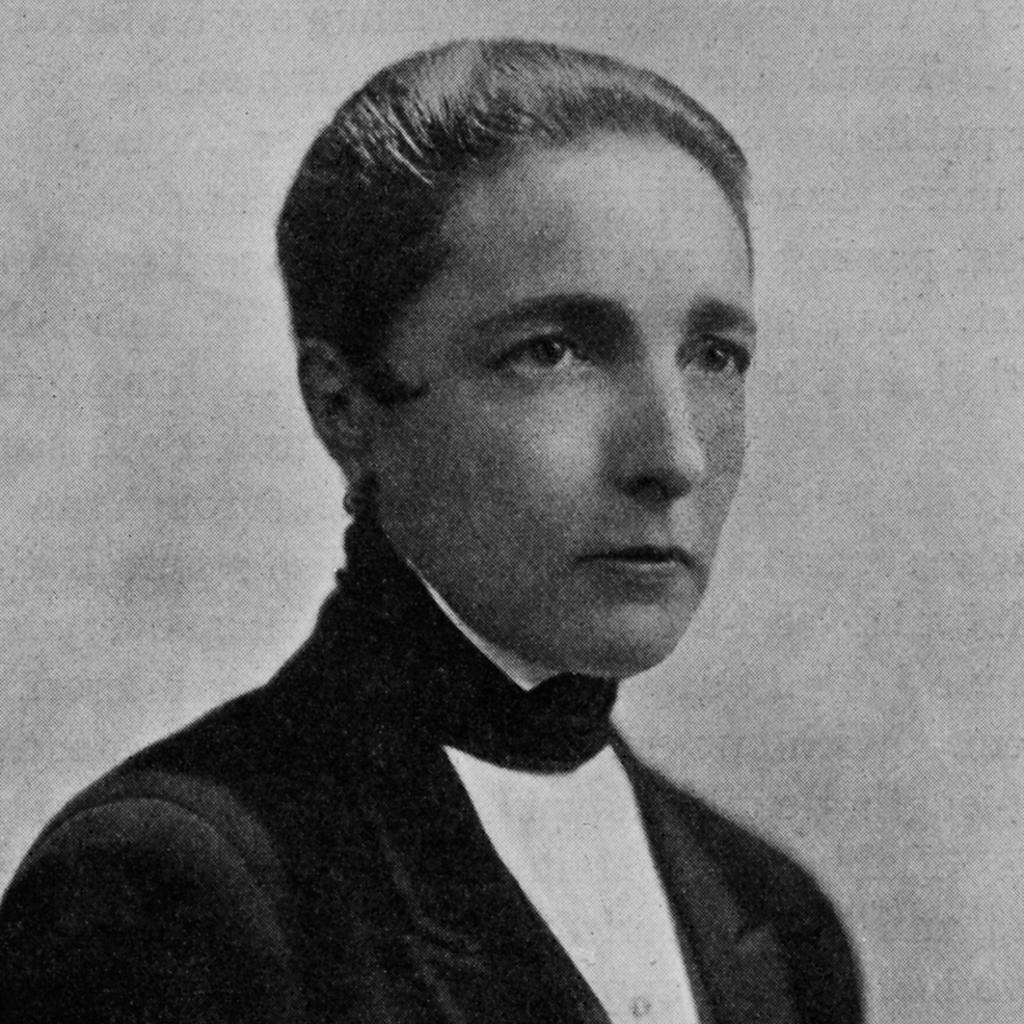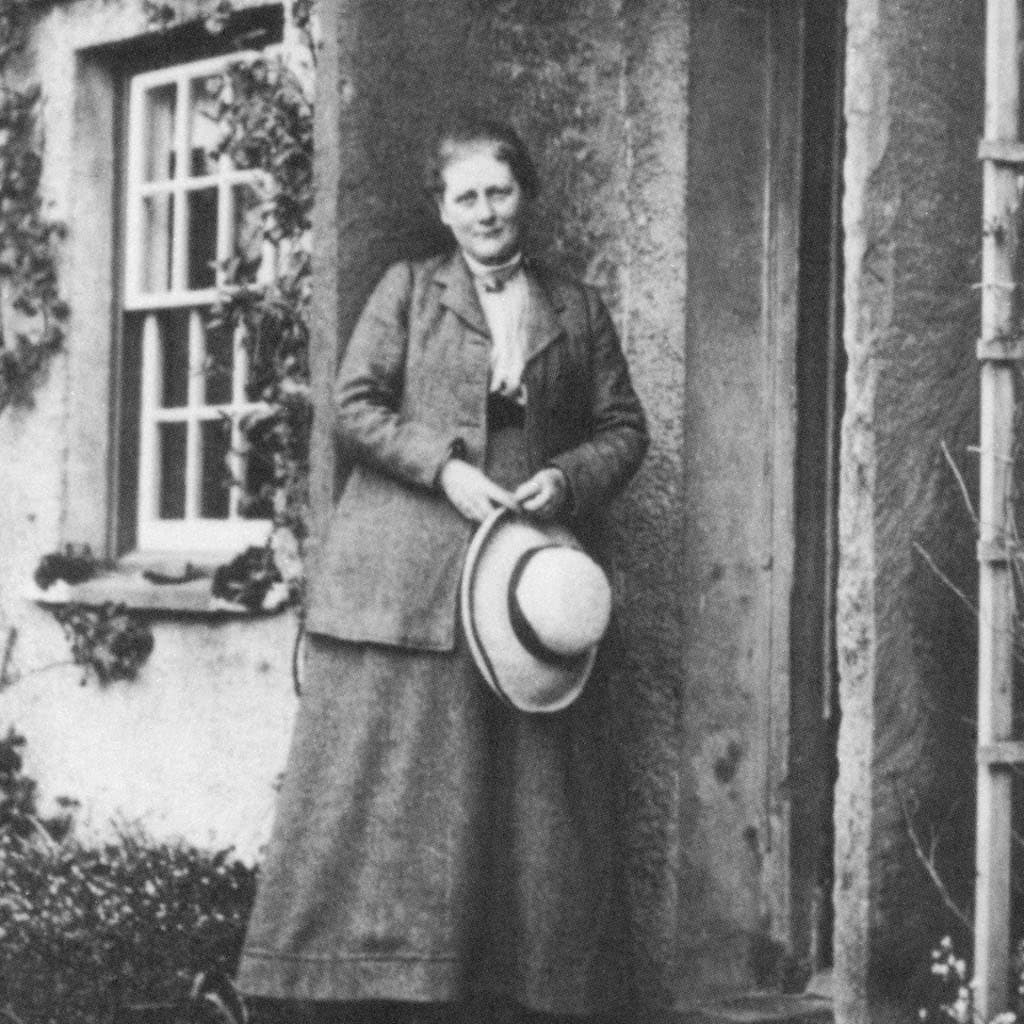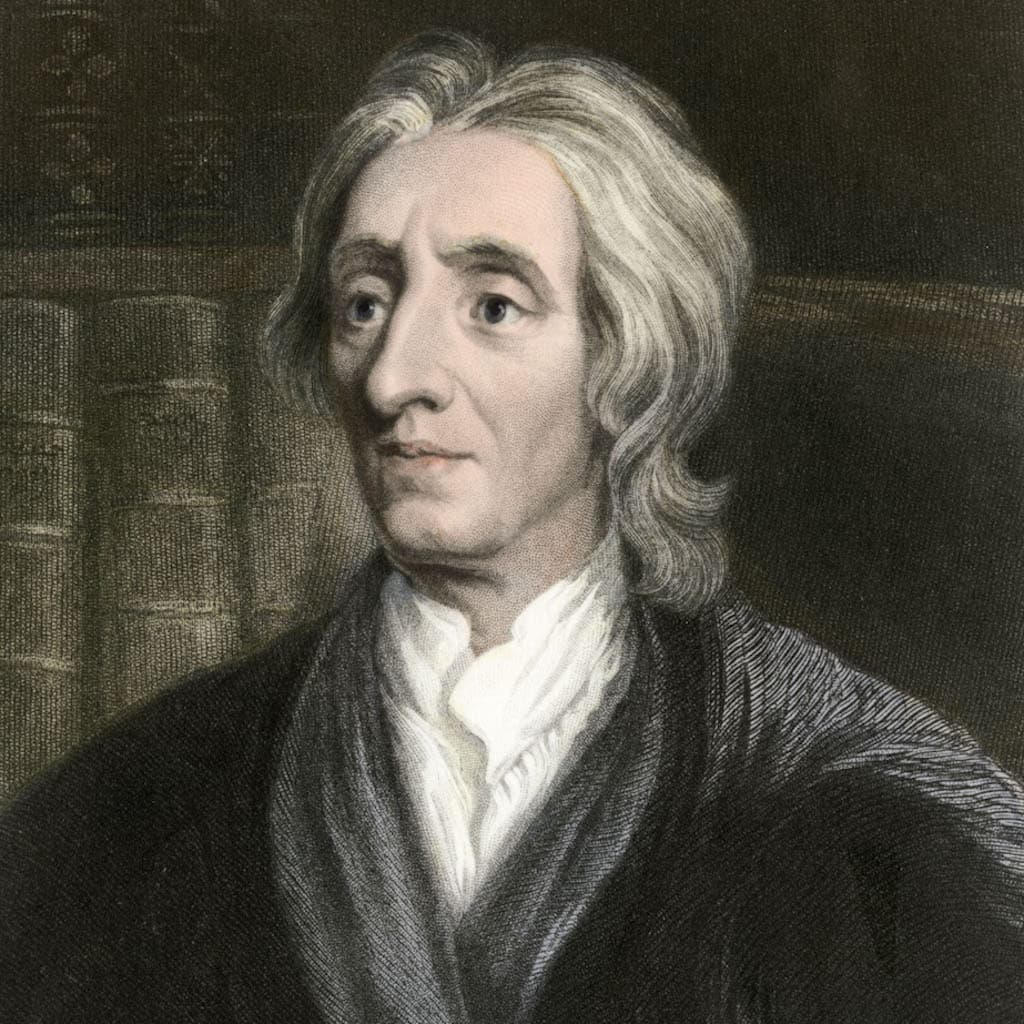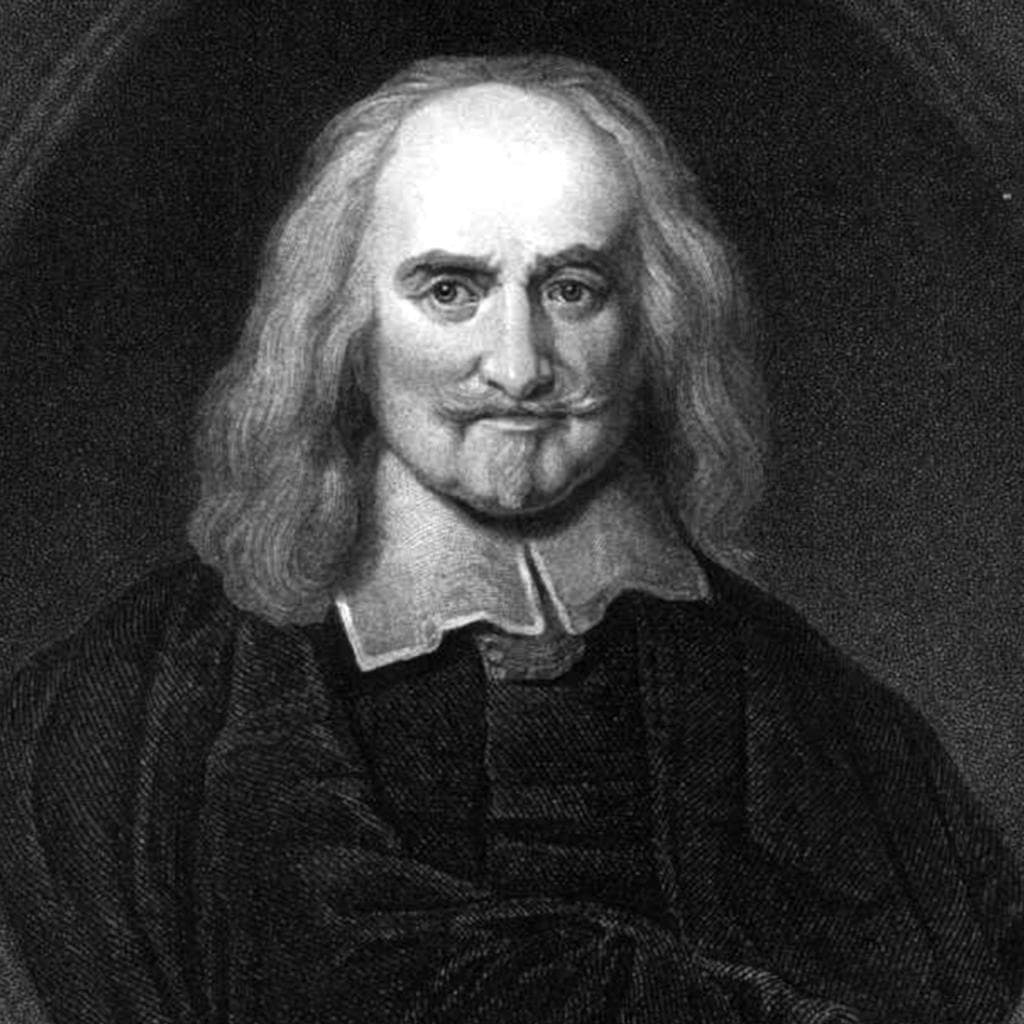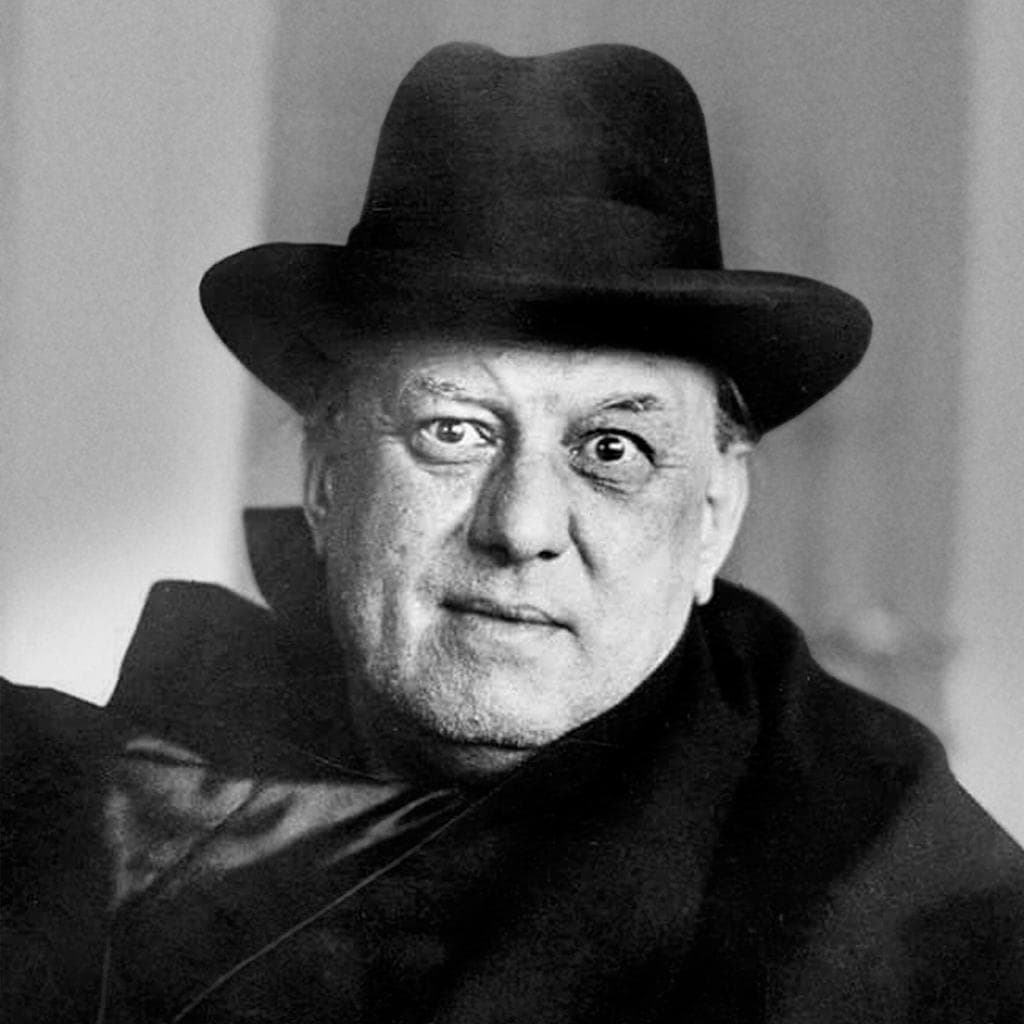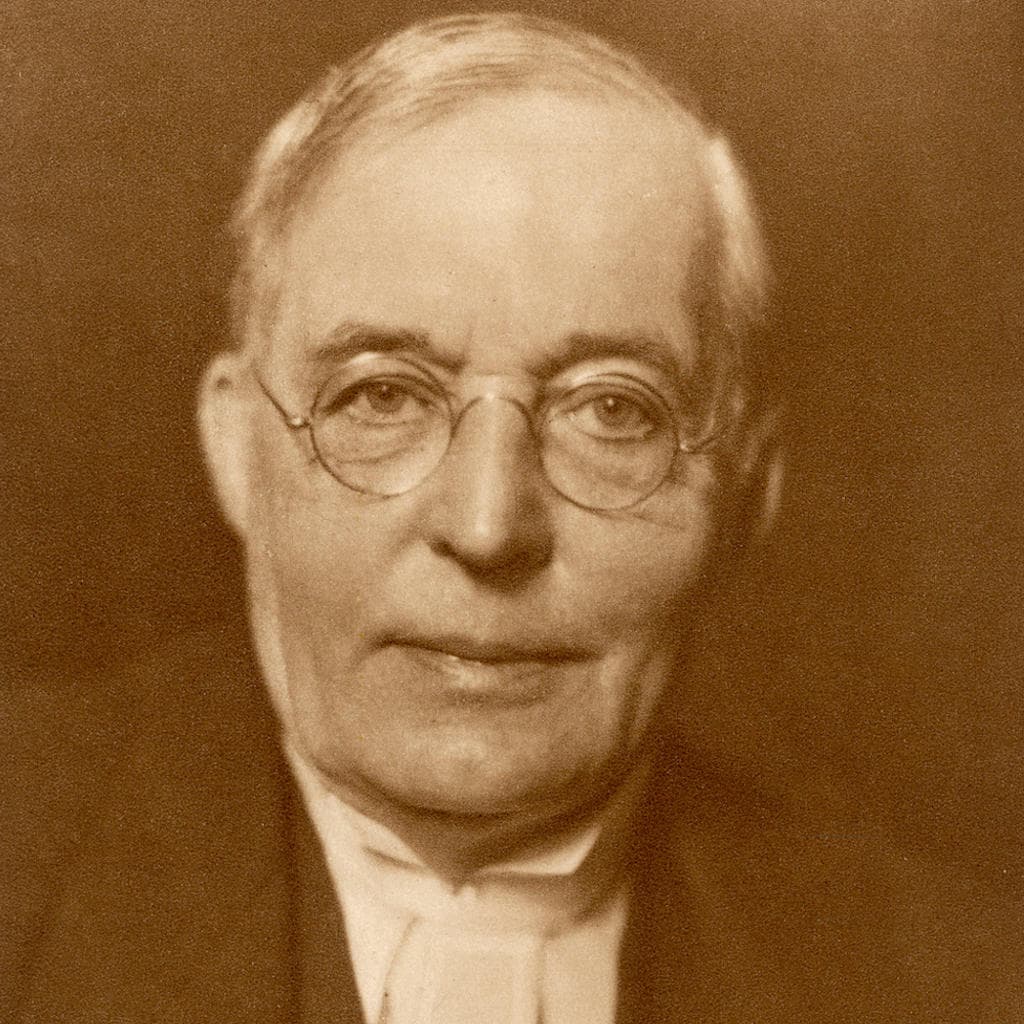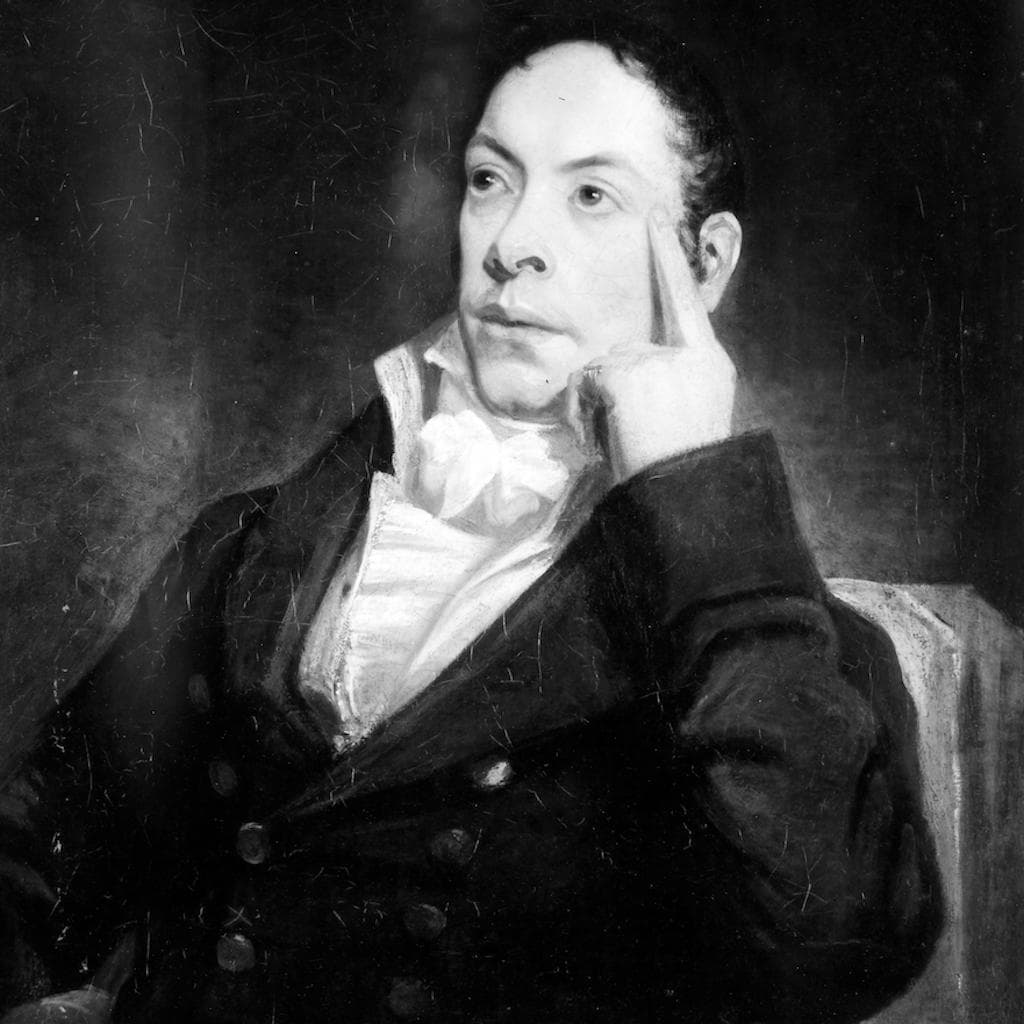BLOG POSTS
Nationality: English
Wordsworth William
When William Wordsworth (1770-1850) published ‘Lyrical Ballads’ with Samuel Coleridge in 1798, they launched the Romantic Age of English Literature. Although now generally considered the greatest poet of his age, at the time he would have been considered secondary to Keats, Scott and later Tennyson. His semi-autobiographical poem, ‘The Prelude’, raised little interest when it was published by his widow after his death, but it has come to be viewed as his masterpiece.
Hall Radclyffe
Born Marguerite Radclyffe-Hall in 1880, Hall wrote eight novels, the most famous being ‘The Well of Loneliness’. With its overtly lesbian theme, the book was published in 1928, but was deemed obscene and was withdrawn from circulation, not appearing again until 1949.
Potter Beatrix
Beatrix Potter (1866 – 1943) was largely ignored by her parents as she was growing up, and began writing and sketching as a means of occupying her time. She would come to create some of the most enduringly popular children’s stories ever written.
Locke John
John Locke (1632-1704) was considered the father of Classical Liberalism. His ‘An Essay Concerning Human Understanding’ was a milestone in the developing comprehension of the human mind.
Hobbes Thomas
Thomas Hobbes (1588-1679) was an English philosopher. He is best remembered for ‘Leviathan’, a hugely influential book that has caused him to be considered one of the founders of modern political philosophy.
Browning Elizabeth Barrett
Elizabeth Barrett Browning, born 6 March 1806, was one of the most prominent English poets of the Victorian era. Her poetry was widely popular in both Britain and the United States during her lifetime.
Crowley Aleister
The sub-title of the latest biography of Aleister Crowley (1875 – 1947), ‘Spiritual Revolutionary, Romantic Explorer, Occult Master – and Spy’, gives something of the flavour of his extraordinary life. Identifying himself with the ‘Great Wild Beast 666’, among his vast literary output was some fascinating short fiction which is gathered together in two Wordworth collections.
James M.R.
M(ontague) R(hodes) James (1862-1936), the son of a Kent curate, enjoyed a glittering academic career, and was acknowledged as a leading authority on medieval manuscripts and biblical apocrypha. By way of diversion, over a period of time he wrote thirty four of what are acknowledged to be the best ghost stories ever written. The passing of time does not lessen their popularity or their ability to chill, and our edition of ‘Collected Ghost Stories’ remains the best-selling book in the series.
Lewis Matthew
Matthew Lewis (1775 – 1818) is an English writer remembered for his novel. ‘The Monk’. Although not totally original, having been influenced by the writings of Ann Radcliffe and Hugh Walpole, ‘The Monk’ has nevertheless maintained its place in the early examples of Gothic horror, shocking its readers, and causing Jane Austen to send it up in ‘Northanger Abbey’.
